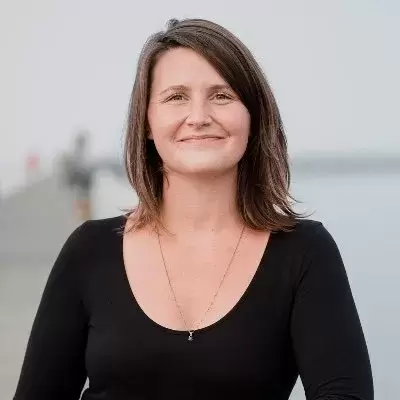A new multi-unit facility is being built in Port Alberni, providing safe living spaces for women and their children escaping violence.
The Attorney General and Ministry Responsible for Housing made the announcement on Nov. 25.
Sage Haven (formerly Alberni Community and Women's Services Society) offers first-stage transition homes to women and their children. This new development is set to offer a temporary place to stay for women and children escaping violence.
Sage Haven identified a need for second-stage housing in the community, which provides short-term accommodation with on-site supports. Residents will typically live in the units for six to 24 months before moving to more permanent housing.
“Second-stage housing is key to freeing up space in first-stage housing, which is vital for a woman’s safety,” said a BC Housing spokesperson. “The development will provide women and their children leaving violence with housing where they can comfortably take the time need to stabilize.”
Construction is underway on the 22-unit building on land owned by the City of Port Alberni, and is expected to be complete in summer 2023. The City of Port Alberni has entered into a long-term lease with the province, through BC Housing, to enable this development.
According to the provincial government, BC Housing is investing approximately $8.6 million to the project through the Building BC: Women's Transition Housing Fund and will provide annual operating funding.
The development is also part of B.C.'s 10-year, $7-billion housing plan. Since 2017, the province has funded more than 36,000 affordable homes that are either complete or underway, including 365 homes in Port Alberni.
Operated by Sage Haven, the new building offers studio, one-, two- and three-bedroom homes for women and gender-diverse people leaving violence, including transgender women, Two-Spirit and non-binary people, and their dependent children in Port Alberni and surrounding areas.
The site is located on the territory of the Tseshaht and Hupacasath First Nations and both First Nations participated in the ground-breaking ceremony on Friday, Nov. 25. Sage Haven is committed to working with them in further ceremonies at the site.
Once complete, women will be offered on-site support services, such as safety planning, crisis intervention, parenting support and tenancy resources, according to Sage Haven. Rent will be calculated at 30 per cent of residents' income, or the provincial shelter rate for those who are receiving income or disability assistance.
Construction is expected to be complete in summer 2023. As with all projects for women and children leaving violence, BC Housing is asking the media not to disclose the address of the Sage Haven project for safety reasons.
"Having a safe, supportive space to call home is essential for women and their children who have faced violence and is something every British Columbian should have,” said Grace Lore, Parliamentary Secretary for Gender Equity. “I am grateful to all those involved in making these new safe homes a reality for the people of Port Alberni, which will be life-changing for so many women and transgender, Two-Spirit and non-binary people as they build their lives in safety and stability."
BC Housing has also granted $10 million for the recently announced, Huu-ay-aht-led Oomiiqsu (women’s transition home) facility. According to BC Housing, funding comes through the Women’s Transition Housing Fund.
The Oomiiqsu facility will use an Indigenous-led model of care developed by Huu-ay-aht in consultation with its members that will help improve the lives of Indigenous peoples and their families in Port Alberni and the west coast of Vancouver Island.
Located in Port Alberni, Oomiiqsu will provide a safe and culturally appropriate home for up to 48 mothers and children who are experiencing violence, mental health and addictions challenges, poverty or other traumas.

